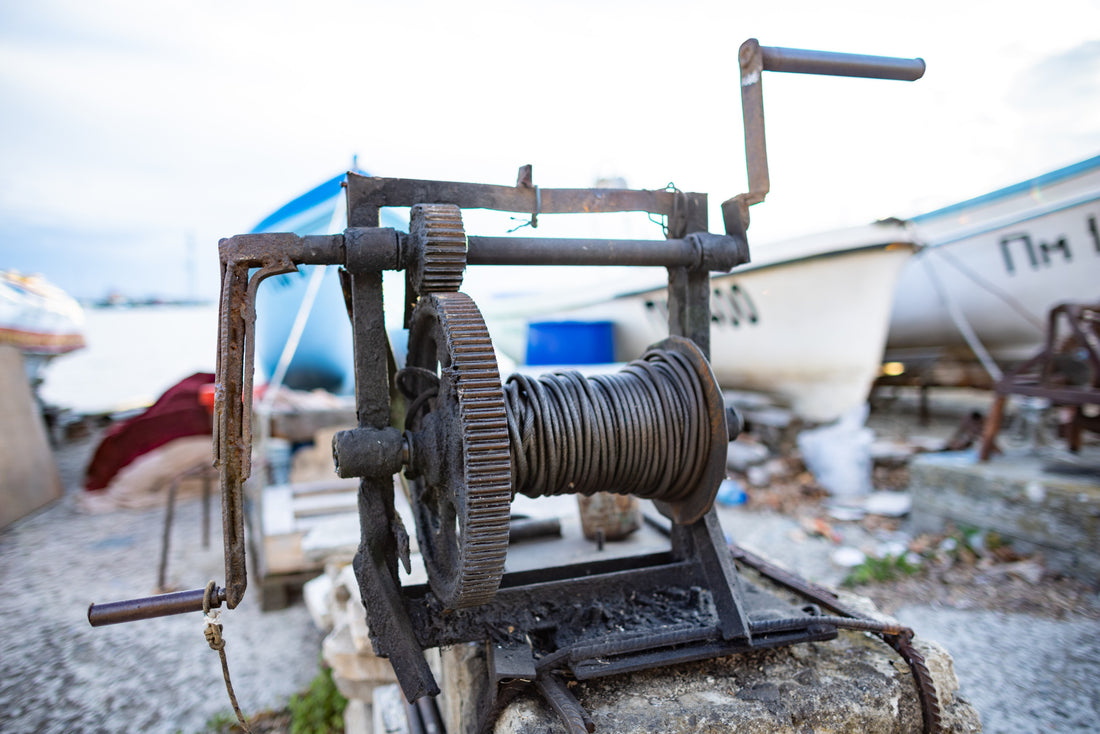
Choosing the Right Winch
Share
Choosing the Right Winch for Your Off-Road Adventures: A Comprehensive Guide
Introduction Selecting the right winch is crucial for any off-road enthusiast. A winch can mean the difference between being stuck in the wilderness and making it home safely. This comprehensive guide will help you understand the different types of winches, how to calculate the necessary winch capacity, the pros and cons of various cable types, and essential tips for maintenance and safety.
Types of Winches Winches are primarily categorized into two types: electric and hydraulic.
-
Electric Winches: These are popular due to their ease of installation and use. They draw power from the vehicle's battery, making them ideal for occasional off-road adventures. However, they may not be as reliable for continuous heavy-duty use due to battery limitations.
-
Hydraulic Winches: Powered by the vehicle's power steering pump, hydraulic winches are known for their robustness and reliability, especially in continuous heavy-duty applications. They are less likely to overheat compared to electric winches, making them suitable for long-term use.
Calculating Winch Capacity To ensure your winch can handle the loads you encounter, you need to calculate the necessary winch capacity.
-
Gross Vehicle Weight Rating (GVWR): This is the maximum total weight of your vehicle and its contents. A common rule of thumb is to choose a winch with a capacity of at least 1.5 times your GVWR.
-
Consider Terrain and Conditions: The terrain type and conditions significantly impact winch performance. For example, muddy or rocky terrains require higher winch capacity. Always factor in these conditions when selecting your winch.
Cable Types: Synthetic vs. Steel Choosing between synthetic and steel cables depends on your specific needs and conditions.
-
Steel Cables: Known for their durability and abrasion resistance, steel cables are a traditional choice for many off-roaders. However, they can be dangerous if they snap, as they store kinetic energy that can cause injuries.
-
Synthetic Ropes: These are lighter, safer, and easier to handle than steel cables. They do not store as much kinetic energy, reducing the risk of injury if they break. However, synthetic ropes are more susceptible to UV damage and abrasion.
Essential Accessories and Maintenance Proper accessories and regular maintenance are crucial for winch performance and safety.
-
Winch Accessories: Essential accessories include snatch blocks, tree trunk protectors, and winch dampers. These tools enhance winching efficiency and safety.
-
Maintenance Tips: Regularly inspect the winch and cables for wear and damage, clean and lubricate moving parts, and follow the manufacturer’s maintenance guidelines to ensure optimal performance.
Conclusion Choosing the right winch involves understanding your vehicle's requirements and the conditions you will encounter. By considering these factors, you can select a winch that will serve you well on your off-road adventures. Always prioritize safety and regular maintenance to ensure your winch performs when you need it most.
